In an increasingly aware climate crisis and the urgency of adopting sustainable measures, sustainability certificates have become essential in assessing the environmental commitment of entities, projects, processes, and products. These certificates are valuable tools in communicating the commitment to environmental preservation, which functions as a badge of compliance with environmental standards.
WHAT EXACTLY DOES A SUSTAINABILITY CERTIFICATE ENTAIL?
A sustainability certificate is an official document that endorses compliance with a set of standards aimed at reducing environmental impact and promoting sustainability. These documents act as identification seals that guarantee the entity’s environmental responsibility, transmitting to customers, business partners, and the general public that measures are being taken to minimize the ecological footprint and contribute to the preservation of the planet.
TYPES OF SUSTAINABILITY CERTIFICATES
There is a wide variety of sustainability certifications around the world, and their number continues to grow as awareness of the importance of environmental sustainability increases. Some examples of these are:
ISO 14001 – Environmental Management
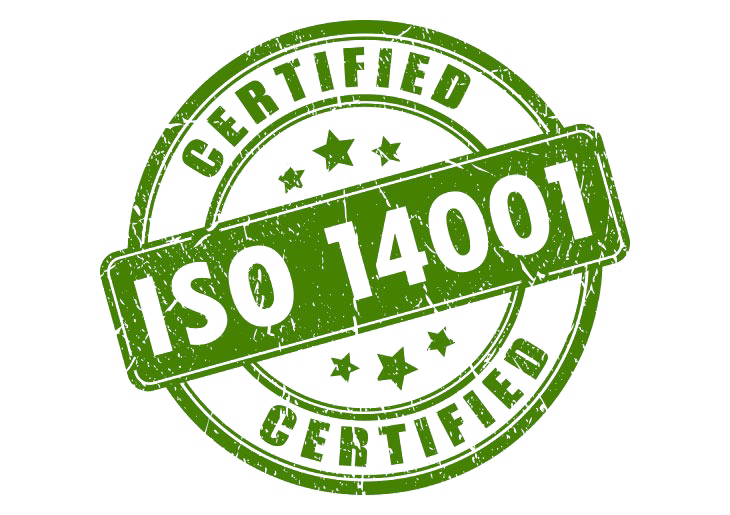
This sustainability certificate is an international standard that establishes the requirements for implementing an effective environmental management system in an organization. It focuses on identifying and controlling significant environmental aspects, complying with environmental legislation and other requirements, and promoting continual improvement. It helps to reduce environmental impact, efficiently manage resources, and improve a company’s overall environmental performance. ISO 14001 certification is globally recognized and can provide competitive advantages by demonstrating a commitment to sustainability and environmental responsibility.
LEED (Leadership in Energy and Environmental Design)
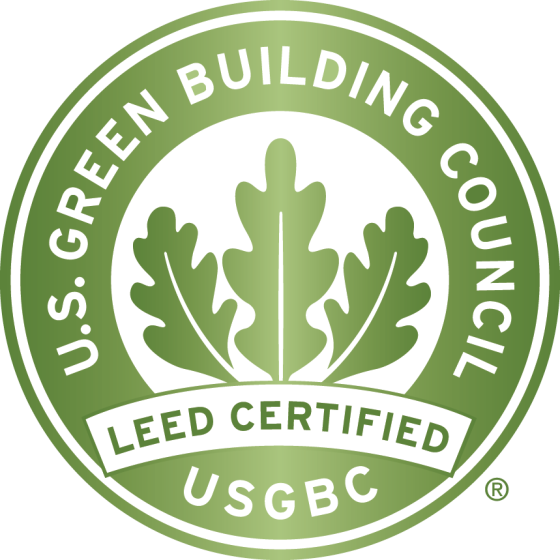
It is a sustainable building certification system developed by the U.S. Green Building Council (USGBC). This system evaluates and ranks buildings according to their energy efficiency, use of sustainable materials, indoor air quality, urban design, and other sustainability-related aspects. LEED certification is internationally recognized as a standard for the construction and operation of environmentally friendly buildings and promotes practices that reduce environmental impact and improve the health and well-being of occupants.
FSC Certified (Forest Stewardship Council)
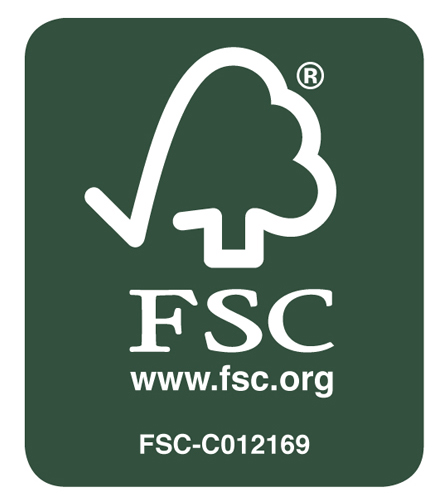
This sustainability certificate indicates that forest products come from sustainably and responsibly managed forests. This seal promotes biodiversity conservation, and respect for the rights of workers and local communities. Establishes rigorous standards for forest management and product traceability, ensuring that consumers can identify products from sustainable sources. It includes wood, paper, and other forest products. The FSC is recognized internationally as a symbol of responsible practices in the forest industry.
Sustainable Fair Trade certification
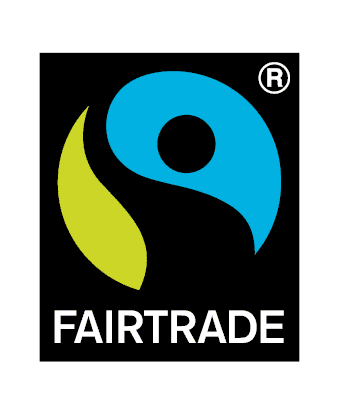
Fair Trade Certification promotes ethical and sustainable practices in the production and trade of food and handicrafts, guaranteeing fair prices and adequate working conditions for producers, especially in developing countries. It also promotes environmental protection by promoting sustainable agricultural practices and reducing the use of chemicals. Certified products carry a distinctive seal indicating their compliance with these sustainability and social justice standards.
Cradle to Cradle sustainability certification
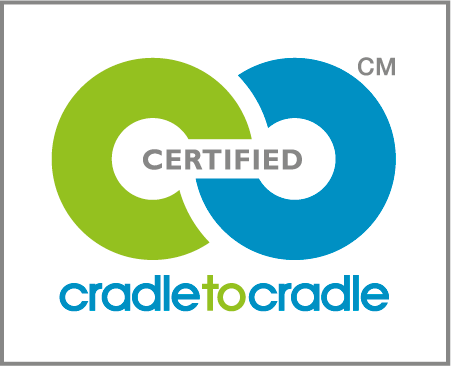
It focuses on the circular economy and product sustainability, evaluating the entire life cycle of a product from design to disposal. Cradle to Cradle Certification (C2C) evaluates the health of materials, promotes reuse, and uses renewable energy. It also prioritizes social justice and responsible water management. Recognized in public procurement programs and green building certifications, it drives the circular economy. It seeks safe materials, clean energy, waste disposal, business ethics, and water protection.
MANDATORY NATURE AND BENEFITS OF SUSTAINABLE CERTIFICATES
The obligation to obtain a sustainability certificate varies according to legal requirements, the professional sector, and the location of each entity. Although in many cases obtaining it is voluntary, it can bring benefits such as:
- Improve the reputation and credibility of the entity, increasing the confidence of customers and business partners.
- Access international markets, as many certifications are recognized globally.
- Comply with legal and regulatory requirements in areas with strict environmental regulations.
- Obtain funding and grants, as some programs require sustainability standards for funding.
- Reduce long-term operating costs by adopting sustainable practices, such as reducing resource and energy consumption.
- The most important: to promote the conservation and protection of the environment by adopting measures that minimize the negative impact on ecosystems and natural resources.